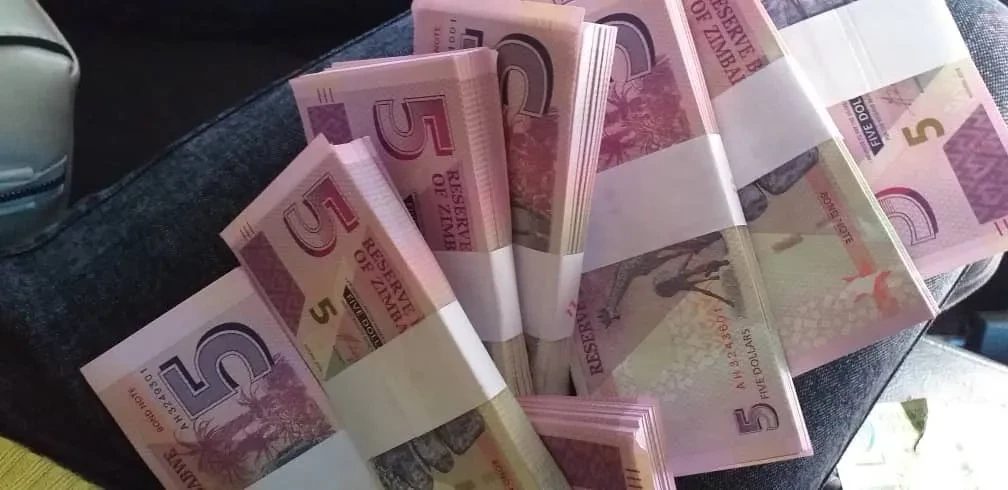
YEAR 2020 will go down in history as a year of complete madness. In that year, the government clamped down hard on the financial and stock markets, suspending all transfers on mobile money platforms and trading on the Zimbabwe Stock Exchange (ZSE) for over a month.
This was done to investigate “malpractices, criminality and economic sabotage” activities being conducted on these platforms.
After a month-long investigation, three listed companies — Old Mutual Limited, PPC Limited and Seed Co International — were found “guilty” and subsequently suspended from the bourse.
Other counters were allowed to resume trading. The government accused the three companies of fuelling the parallel market rate. It suspected that fungible counters were aggravating depreciation of the domestic currency, which has been falling since 2016. Fungible counters trade in more than one bourse. The move affected 32 000 shareholders. Three years later, Old Mutual and PPC are still suspended, yet amazingly; the parallel market rate continues to run wild, making the Zimbabwe dollar worthless on a daily basis. The local currency was trading at ZW$13 000 against the greenback on the parallel market as of Thursday this week. It was trading at ZW$8 240 at the official exchange rate.
The parallel rate was ZW$102 at the time the counters were suspended, whereas the official rate was ZW$57,35.
Who is fooling whom, then? Should we keep holding these international companies
accountable for driving up the rate of the parallel market? We don't believe that.
The government needs to acknowledge that it made a mistake by letting emotions influence its decision-making. We must resolve this matter definitively as soon as possible. It is not acceptable to hold these companies' shareholders hostage simply because a government official is refusing to acknowledge their mistakes.
- Rampaging inflation hits Old Mutual . . . giant slips to $9 billion loss after tax
- Man loses car while chatting with girlfriend
- Mosi Oa Tunya makes fresh inroads
- Directors move to tackle governance crisis
Keep Reading
The continuous suspension of these firms is not in the best interest of investors and the integrity of the markets and the country at large. One of the affected firms, Cambria Africa recently urged the government to reinstate fungibility and permit foreign investors to repatriate Old Mutual and Nedbank shares to the Johannesburg Stock Exchange.
The firm aims to realise the value of the 204 047 Old Mutual shares and 2 692 Nedbank shares by transferring these shares to the South African register. We agree with them. The longer it takes to resolve this issue, the greater the damage. Due to the government's unwise decision, the stock market is now unattractive for investors and entrepreneurs.
According to the Securities and Exchange Commission of Zimbabwe, the asset management sector's exposure to the stock market further declined to 36,36% in the third quarter of last year from 44,61% recorded in the previous quarter. Money market investments, on the other hand, fell from 10,59% to 3,59%. Alternative solutions should be found to address the underlying causes of the currency weakness than attacking financial markets. Old Mutual and PPC's suspension must be lifted without conditions.






